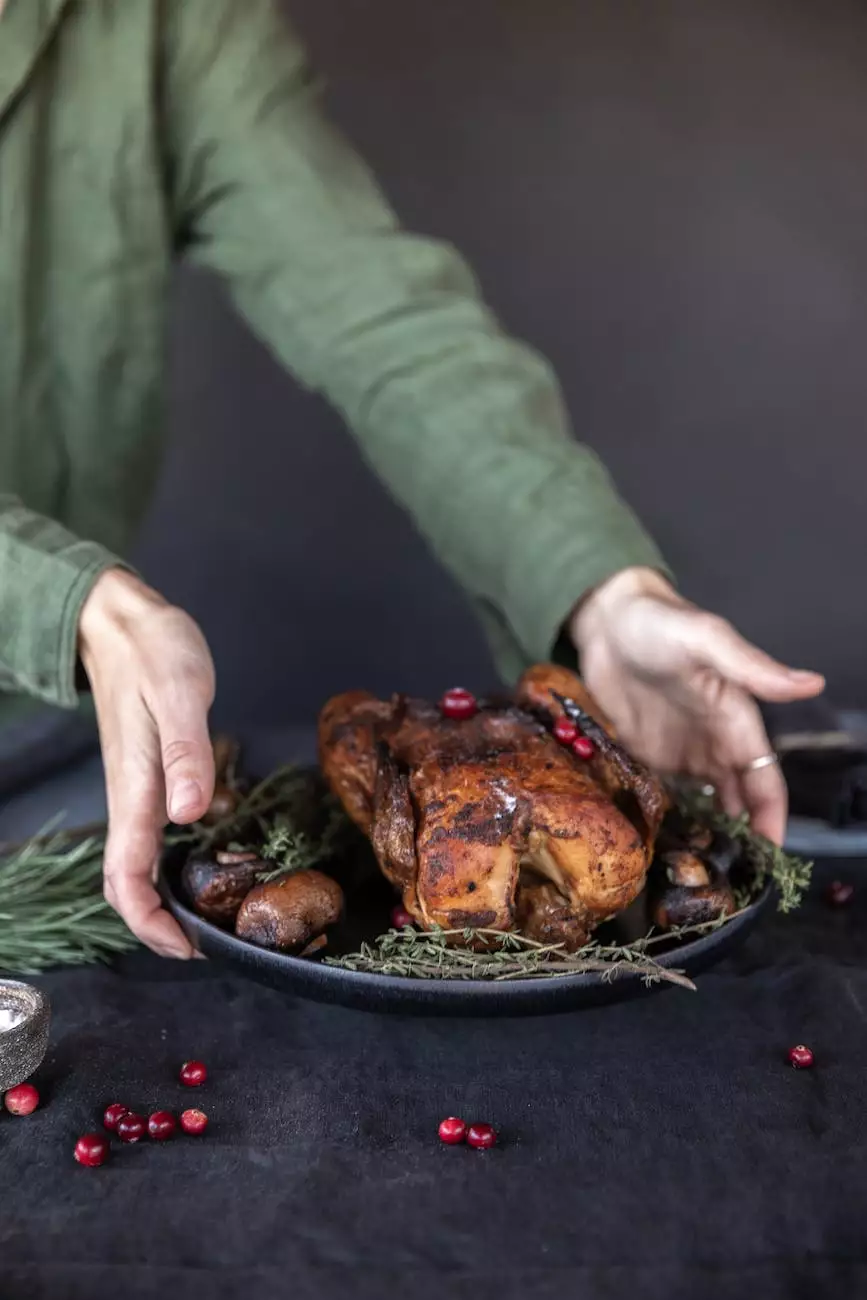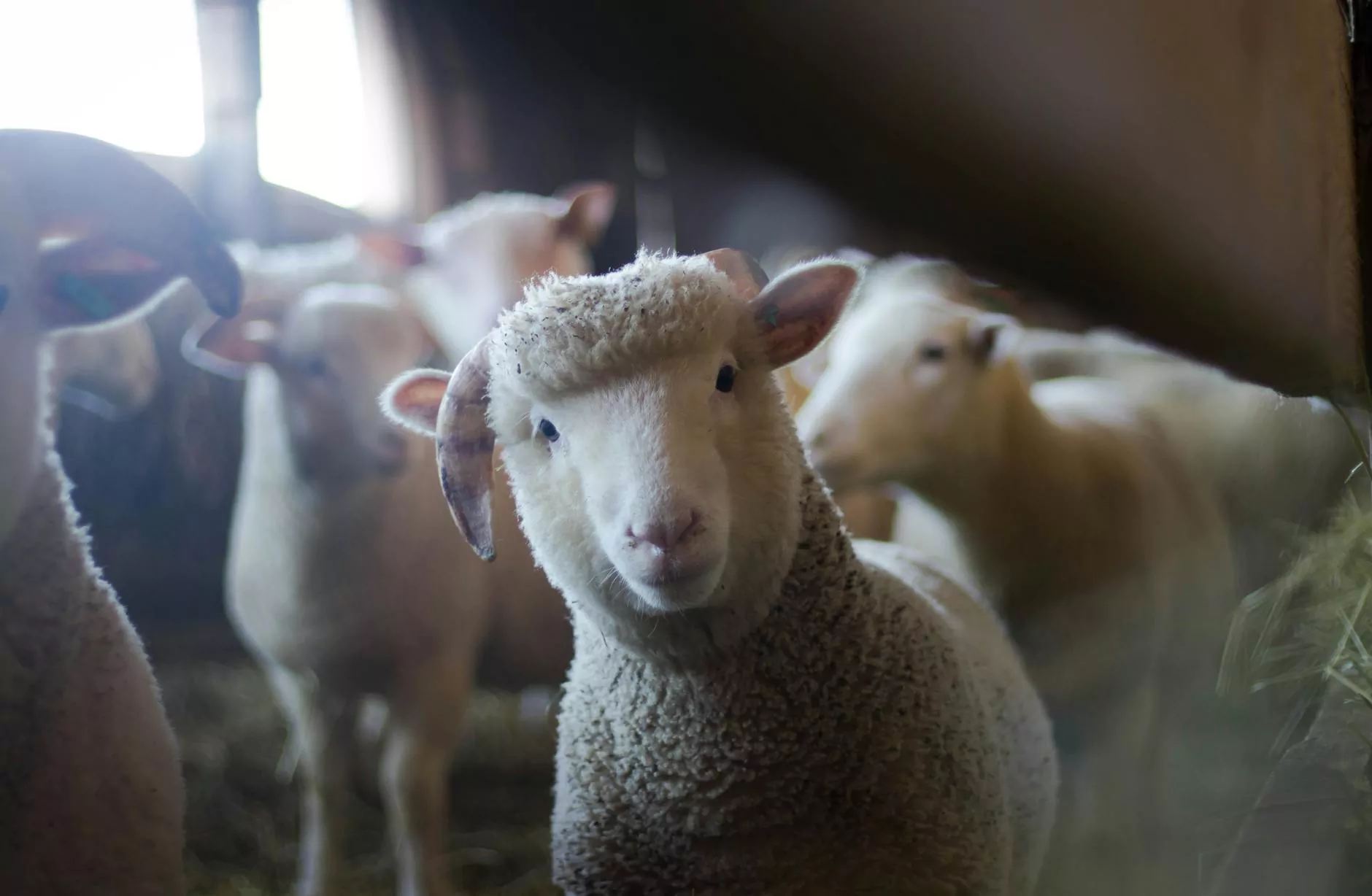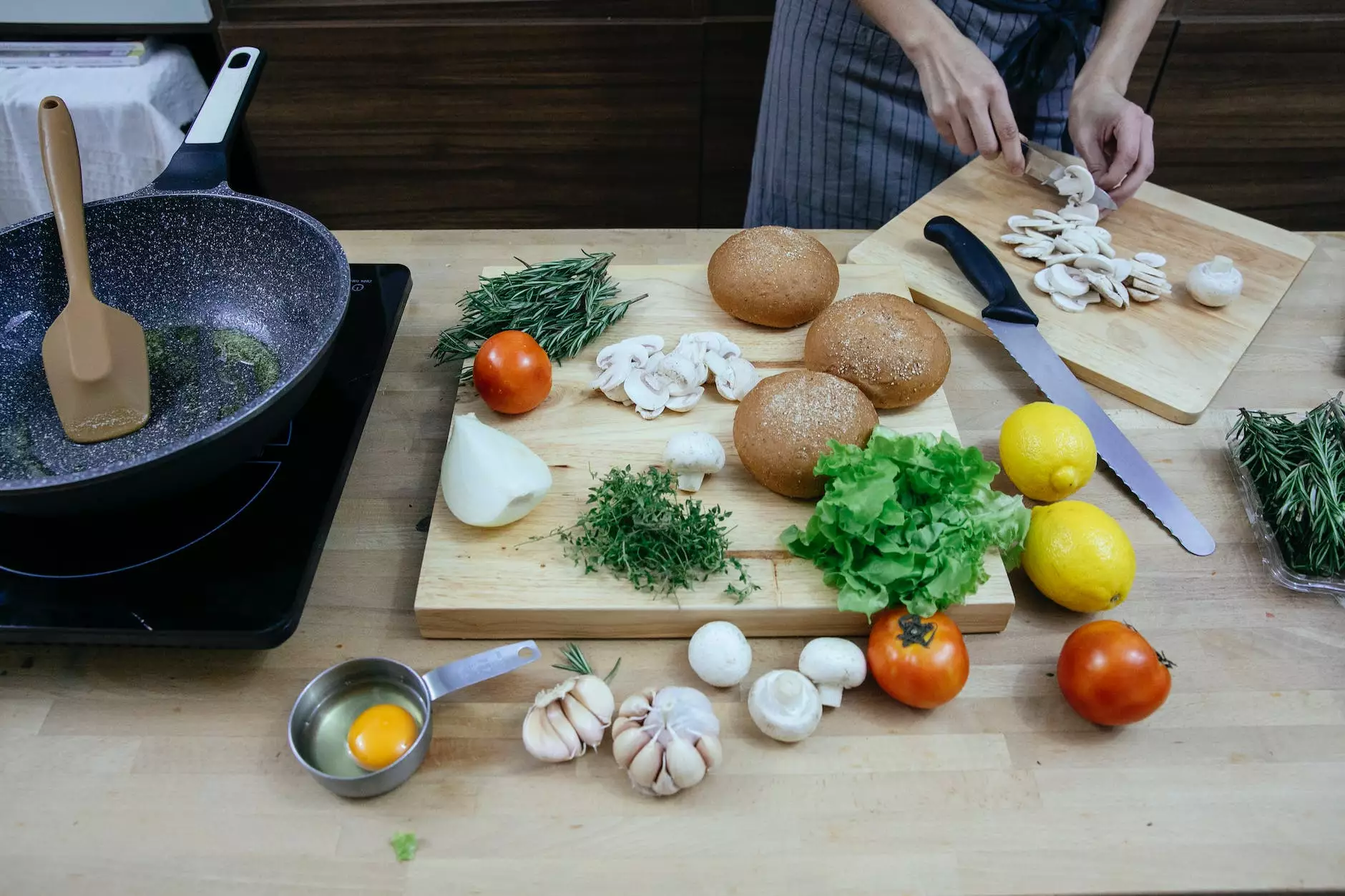How long do chickens live? The Chicken Lifespan

Introduction
Welcome to Pollen Bank, your trusted source of information for all things related to chickens! In this article, we will explore the fascinating topic of "How long do chickens live?" Understanding the lifespan of chickens is crucial for those who raise these delightful birds and want to provide them with the best care possible. Let's delve into the details and discover everything you need to know.
Chicken Lifespan
The lifespan of a chicken varies depending on several factors, including breed, diet, living conditions, and overall health care. On average, chickens can live anywhere from 5 to 10 years, although exceptional cases of chickens reaching 15 years or even more have been documented. It's important to note that the lifespan of a chicken can be influenced by these various factors, so providing a suitable environment is crucial for their well-being.
Factors Influencing Lifespan
1. Breed: Different chicken breeds have different lifespans. Some breeds are known to live longer than others due to their genetic makeup and inherent traits. Examples of long-living chicken breeds include Rhode Island Reds, Sussex, and Wyandottes.
2. Diet: A nutritious and well-balanced diet is essential for ensuring a long and healthy life for chickens. Providing them with a mix of grains, seeds, vegetables, and supplements rich in essential nutrients such as vitamins, minerals, and proteins can significantly impact their lifespan.
3. Living Conditions: Creating a comfortable and safe living environment is crucial for extending the lifespan of chickens. They should have access to a spacious coop or yard, clean water, proper ventilation, and protection from predators. Regular cleaning and maintenance of their living space also play a critical role in their overall health and longevity.
4. Healthcare: Regular health check-ups, vaccinations, and prompt treatment of any illnesses or infections are vital for enhancing a chicken's lifespan. It's essential to provide them with a clean and hygienic living space to minimize the risk of diseases.
Tips for Increasing Chicken Lifespan
Now that we understand the various factors that influence the lifespan of chickens, let's explore some actionable tips that can help increase their overall longevity:
1. Provide a Balanced Diet:
Offer a well-balanced diet that includes a mix of high-quality feeds, grains, vegetables, and fresh water. Ensure they receive adequate protein, calcium, and other essential nutrients necessary for their optimal health and development.
2. Create a Comfortable Living Environment:
Build a spacious and secure coop or provide a suitable outdoor area for your chickens to roam freely. Make sure the coop is well-ventilated, clean, and protected from extreme weather conditions. Providing nesting boxes and perches will ensure their comfort and promote natural behaviors.
3. Regular Health Check-ups:
Schedule regular visits with a veterinarian who specializes in poultry to monitor their health, administer necessary vaccinations, and address any potential health concerns promptly.
4. Predator Protection:
Install appropriate fencing and secure enclosures to protect your chickens from predators such as foxes, raccoons, and birds of prey. Regularly inspect and reinforce the coop's security to prevent any unwanted access.
5. Provide Mental Stimulation:
Chickens are naturally curious creatures, so provide them with stimulating activities like pecking toys, hanging treats, and access to scratch areas. This will keep them mentally engaged and prevent boredom-related issues.
6. Social Interaction:
Chickens are social animals and thrive in the company of their flock. Ensure they have proper social interaction by keeping multiple chickens together. Avoid isolating them for extended periods as it can lead to stress and reduced lifespan.
Conclusion
Understanding the lifespan of chickens is crucial for providing them with the best possible care. By considering factors such as breed, diet, living conditions, and healthcare, you can enhance their longevity and overall well-being. At Pollen Bank, we are dedicated to providing valuable information and resources to empower chicken enthusiasts like you. Remember, a healthy and happy chicken can bring joy and fulfillment for many years to come!










